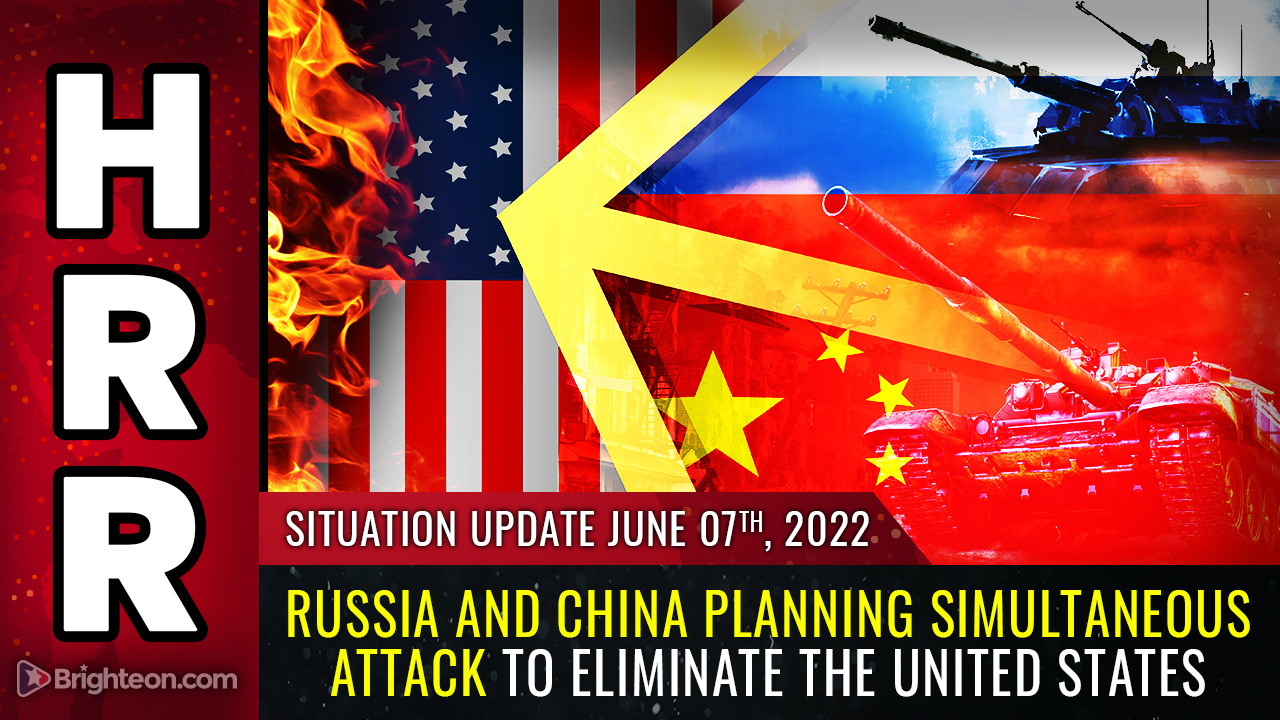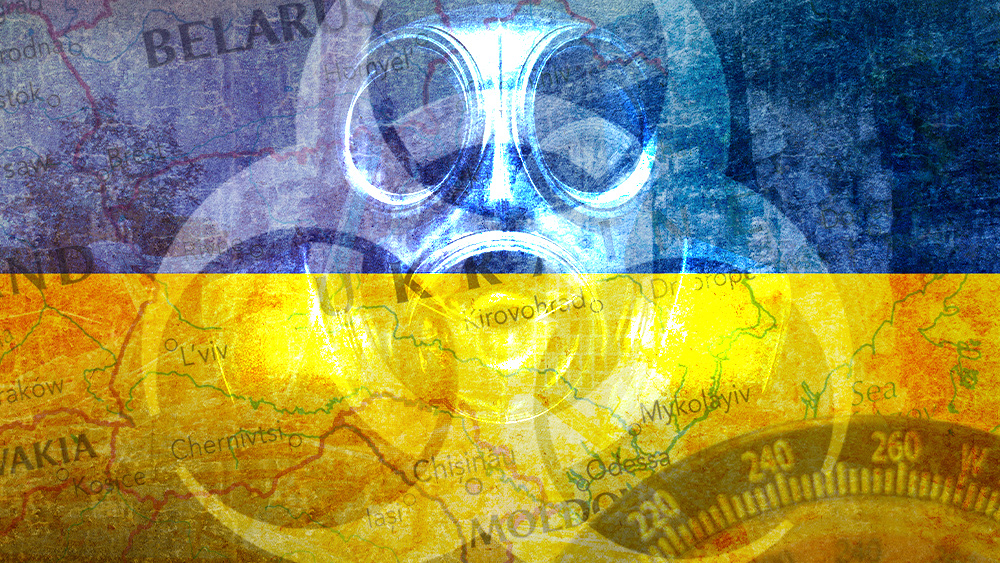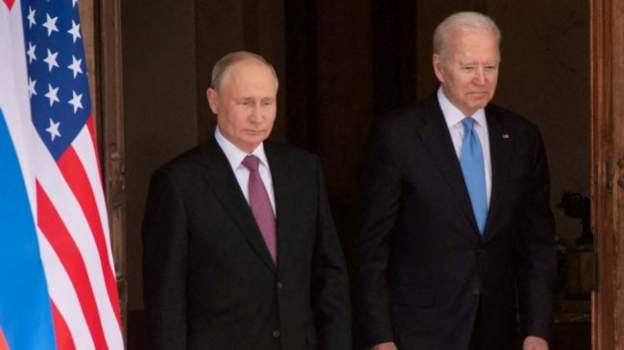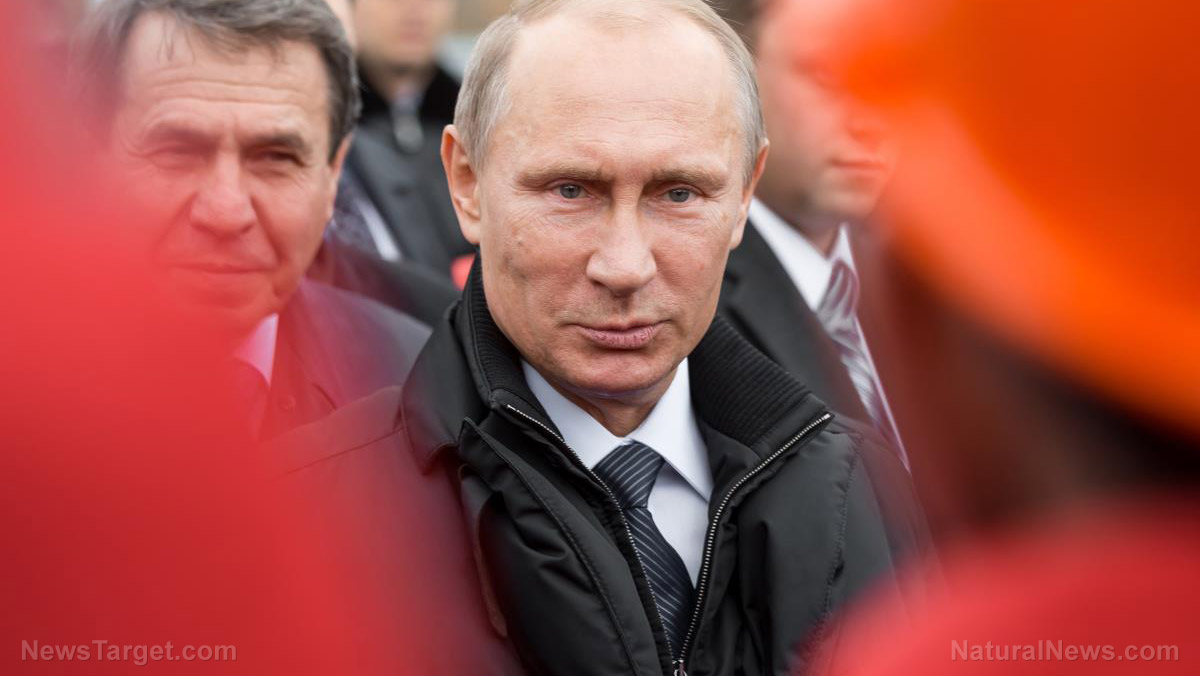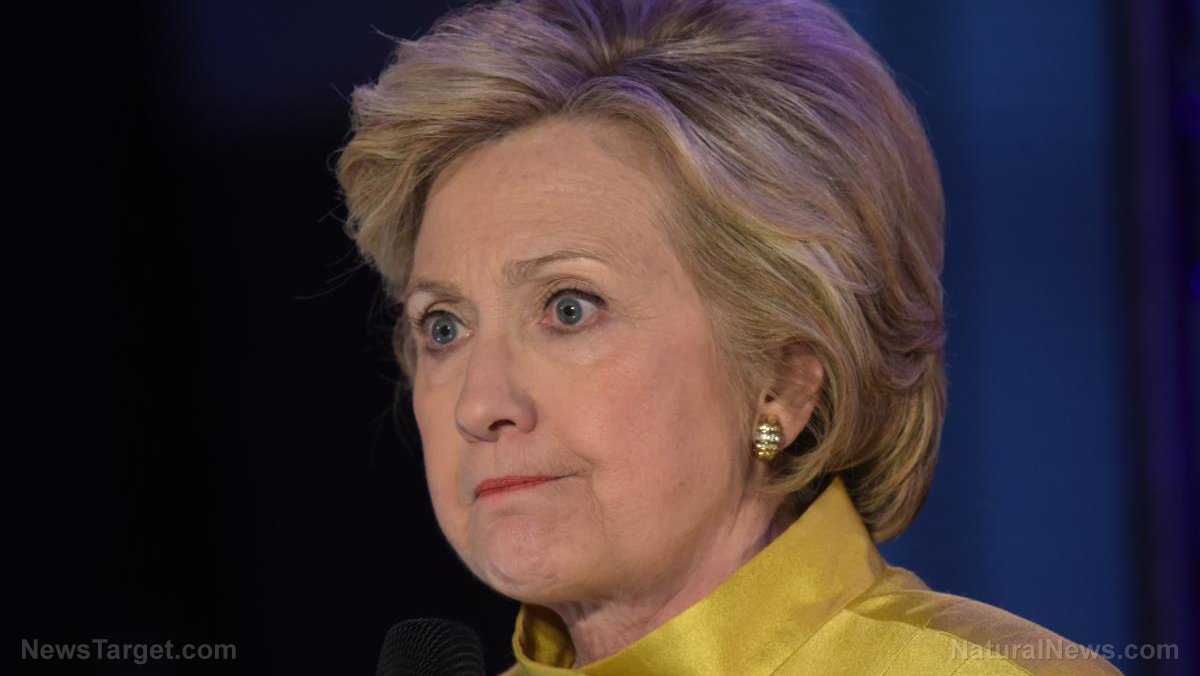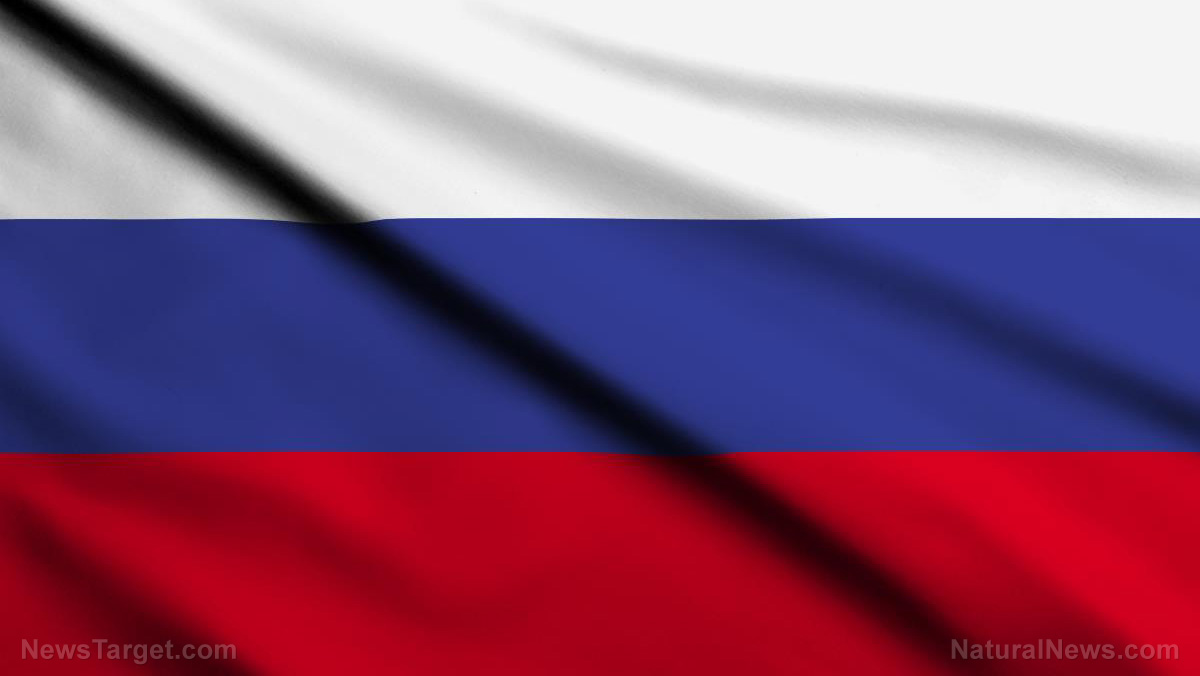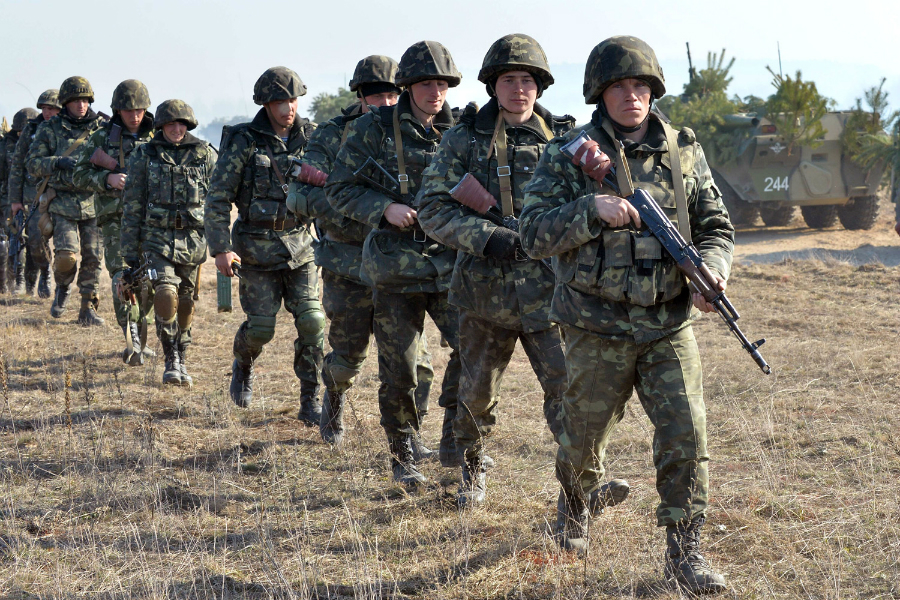Russia to strengthen economic ties with China amid sanctions imposed by western countries
05/27/2022 / By Kevin Hughes
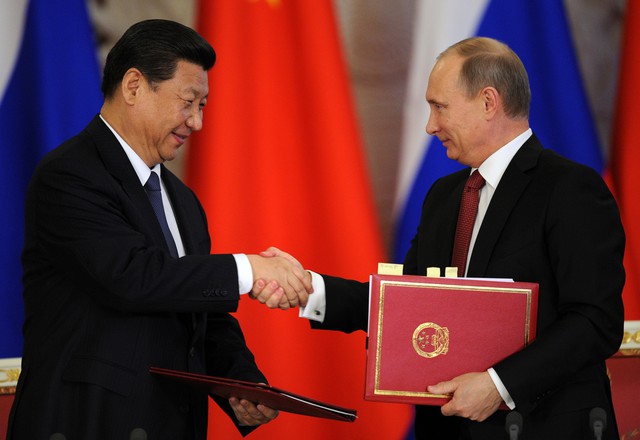
Russia aims to strengthen its economic ties with China aside from sharing common interests and making technological developments together.
“Now that the West has taken the position of a ‘dictator,’ our economic ties with China will grow even faster,” Russian Foreign Minister Sergei Lavrov said in a press release Monday, May 23. Lavrov made the statement while speaking to students at a high school in Moscow.
Lavrov cited that Russia and China have “common interests” in international affairs and both sides can gain the benefits of working jointly on technology.
“This is an opportunity for us to realize our potential in the field of high technology, including nuclear energy, but also in a number of other areas,” he said.
Three weeks before Russia’s invasion of Ukraine, Beijing and Moscow renewed their bilateral relationship to a “no limits” partnership after a meeting between Russian President Vladimir Putin and Chinese President Xi Jinping. The two leaders also announced that there would be “no forbidden areas of cooperation” between the two countries.
China has not criticized Russia over its invasion of Ukraine but has been critical of the sanctions made by Western nations against Moscow.
Last May 4, Sen. Dick Durbin, who is the co-chairman of the Senate Ukraine Caucus, told China’s ambassador to the United States Qin Gang that he was “extremely concerned” about China’s denial to “clearly condemn Putin’s unjustified and unprovoked war.”
Meanwhile, China’s energy imports from Russia have expanded in the current months. The communist government’s buying of Russian oil, gas and coal increased 75 percent in April to over $6 billion, Bloomberg said in a recent report that cited Chinese customs data. Imports of Russia’s liquefied natural gas surpassed 463,000 tons in April, an increase of 80 percent from the previous year.
Lavrov rejected the notion that Russia would be willing to enhance ties with Western nations soon.
“If they [the West] want to offer something in terms of resuming relations, then we will seriously consider whether we will need it or not. We must stop being dependent in any way on the supply of anything from the West,” Lavrov said. He added that China has information and communications technologies “that are in no way inferior to the West” and “a great deal will ensure mutual benefits.”
Russia-China space program a threat to US national security
Outer space is one specific area of Sino-Russian cooperation that has major effects on U.S. national security.
Both sides are presently in the last year of a five-year space cooperation program that began in 2018. China’s state-run media Global Times reported last December that the program was likely to be extended for another five years concluding in 2027.
In March 2021, the Russian space agency Roscosmos approved a memorandum of understanding with China’s National Space Administration agreeing to work closely on an international lunar research station. Roscosmos head Dmitry Rogozin told Russian state-run media Tass in April that he’s planning to discuss with Chinese partners about collaboration on the moon before the end of May.
China’s and Russia’s interests in the moon were emphasized in a Defense Intelligence Agency (DIA) report titled “Challenges to Security in Space 2022” issued in April.
“Both nations seek to broaden their space exploration initiatives, together and individually, with plans to explore the moon and Mars during the next 30 years. ??If successful, these efforts will likely lead to attempts by Beijing and Moscow to exploit the moon’s natural resources,” DIA defense intelligence officer John Huth said at a briefing stating the report.
The moon could possibly turn out to be a crucial source of rare earth metals, which are scarce on Earth, but are required to produce common electronics such as computers and lithium batteries, as well as defense products utilized by the U.S. military like night-vision goggles and armored vehicles.
Assistant Secretary of Defense for Space Policy John Plumb warned about Russian and Chinese space capabilities during a congressional hearing held last May 11. (Related: China, Russia, working on weapons that can kill US GPS satellites)
“Russia and China have developed directed energy weapons to blind intelligence, surveillance, and reconnaissance satellites, and they continue the development, testing and proliferation of direct-ascent and on-orbit anti-satellite weapons to hold at risk U.S. and allied space assets,” Plumb said.
“They continue to develop the means to deny others the use of space through the employment of malicious cyberspace activities, including cyber attacks, against ground sites supporting space operations.”
Watch the video below to know why the Russia-China “Bromance” is very dangerous to the West.
This video is from the Chinese taking down EVIL CCP channel on Brighteon.com.
More related stories:
US military revamping to fight Russia – and maybe China – in the Arctic.
China slams US, NATO for provoking Russia to invade Ukraine.
World War III will be “nuclear and destructive,” warns Russian foreign minister.
Sources include:
Submit a correction >>
Tagged Under:
big government, chaos, China, conspiracy, dangerous, DIA, military tech, national security, Roscosmos, Russia, Sergei Lavrov, space, space exploration, United States, Vladimir Putin, weapons technology, World War III, Xi Jinping
This article may contain statements that reflect the opinion of the author
RECENT NEWS & ARTICLES
COPYRIGHT © 2022 RussiaReport.news
All content posted on this site is protected under Free Speech. RussiaReport.news is not responsible for content written by contributing authors. The information on this site is provided for educational and entertainment purposes only. It is not intended as a substitute for professional advice of any kind. RussiaReport.news assumes no responsibility for the use or misuse of this material. All trademarks, registered trademarks and service marks mentioned on this site are the property of their respective owners.



